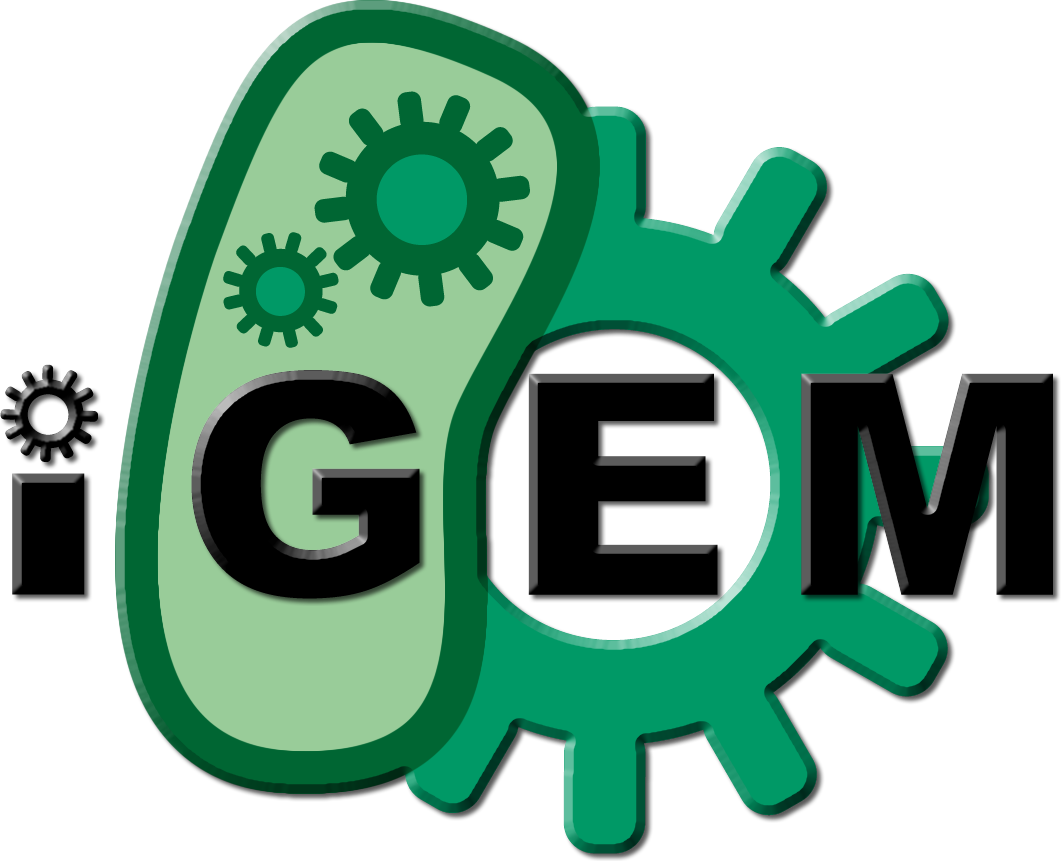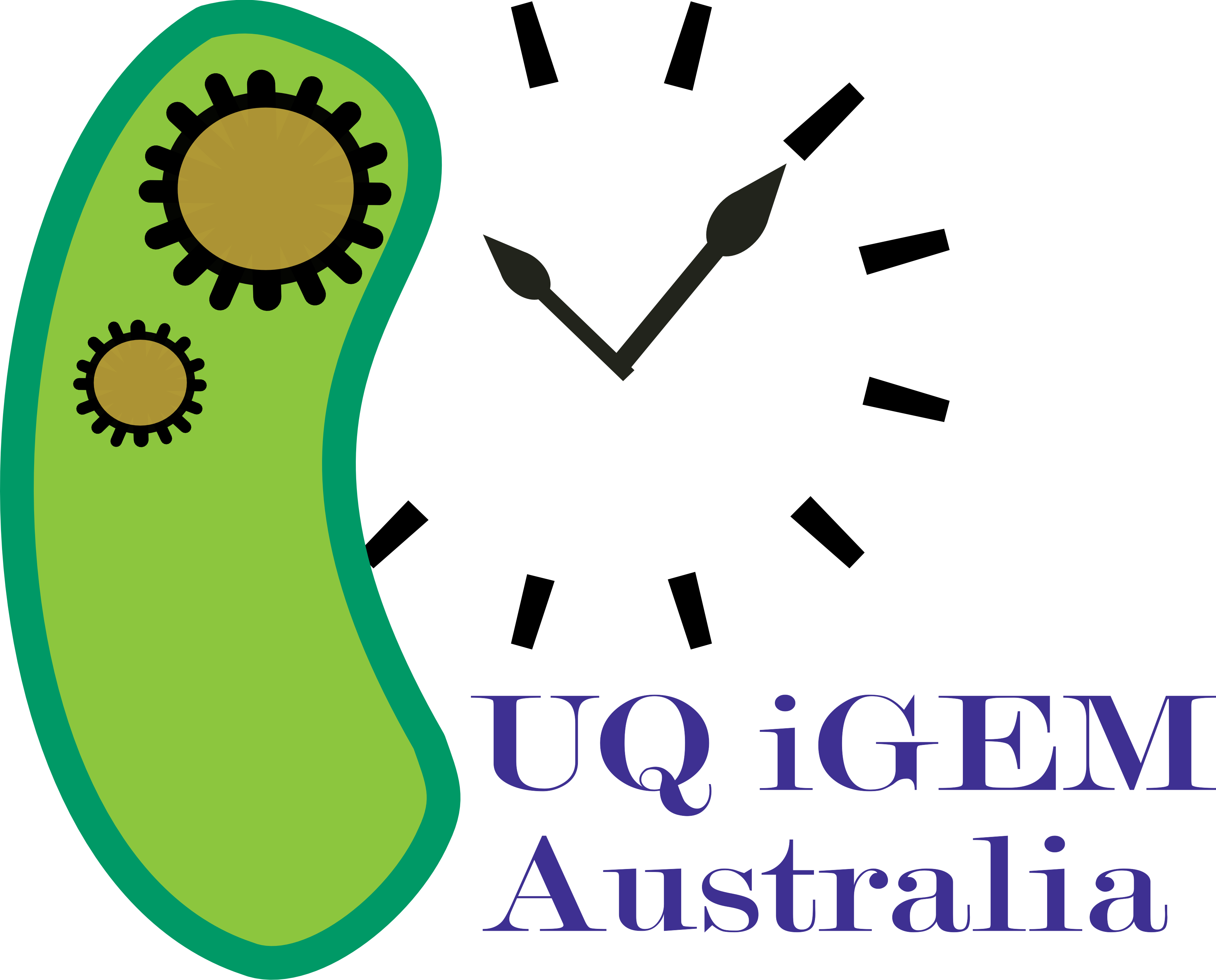Team:UQ-Australia/Modeling
From 2011.igem.org
(→Microscopy) |
|||
| Line 28: | Line 28: | ||
== <span style="color:#558822">Microscopy</span> == | == <span style="color:#558822">Microscopy</span> == | ||
| + | |||
| + | {|style="width:100%;" border="0" cellpadding="10" cellspacing="0" | ||
| + | |width="125" |[[File:Microscopy viewpdf UQ.png|125x125px|link=https://static.igem.org/mediawiki/2011/a/a9/JamBen42013532_FormattedPopSciArticle_forUQ-iGEM.pdf]] | ||
| + | | Many teams have been using microscopy during their experiments. Although these (thankfully!) may not directly be any of the submitted BioBricks, microscopy has become important in experimental biology. Here we shall present an introduction the microscopy, tangible for old and new iGEMers! | ||
| + | |} | ||
| + | |||
{|style="width:100%;" border="0" cellpadding="10" cellspacing="0" | {|style="width:100%;" border="0" cellpadding="10" cellspacing="0" | ||
| + | | After that enlightening introduction, here we shall investigate the behaviour of light within confocal and two-photon microscopy. By taking established theory describing the behaviour of focused light in three dimensions, we show through computer simulation that the resolution achieved in confocal and two-photon microscopy is dependent on the wavelength of light involved. This would have greater appeal to those not fearful of as few equations. | ||
| + | |||
| + | Although these articles do not directly contribute towards a new BioBrick part (yet), we hope this investigation settles any curiosities regarding focused light in microscopes and perhaps inspires iGEMers to further consider the inner working of the apparatus on which they can depend quite heavily. | ||
|width="125" |[[File:Microscopy viewpdf UQ.png|125x125px|link=https://static.igem.org/mediawiki/2011/4/4f/Fields_report_for_UQ_iGEM.pdf]] | |width="125" |[[File:Microscopy viewpdf UQ.png|125x125px|link=https://static.igem.org/mediawiki/2011/4/4f/Fields_report_for_UQ_iGEM.pdf]] | ||
| - | |||
|} | |} | ||
Revision as of 11:21, 5 October 2011
 "
"








